Polygon PoS Validator Spotlight: Everstake
Find the password, mint the spotlight NFT

The next installment of Season Two of Spotlight Quest: Polygon PoS Validators features Polygon PoS validator Everstake. In Spotlight Quest posts, you’ll learn what it takes to be a validator, explore decentralized coordination, and better get to know Polygon PoS validators. For every interview, find the secret passphrase in order to unlock a mintable NFT on Galxe. The next mint, associated with this post, is the Diamond NFT.
Everstake is one of the premier retail staking providers in all of crypto. Founded in 2018, Everstake actually began life as a proposed crypto exchange. But as Everstake’s founders learned more about the crypto landscape, it became clear that what the market was really calling out for was better staking options.
Everstake began validating for Polygon PoS in the long-ago (in crypto time) days of 2020. Their Polygon PoS validator launched on December 15, 2020, to be exact, which means they’re closing in on four years of helping support the Polygon PoS network.
In addition to the crucial but often under-appreciated work of validating, Everstake has some exciting things in store for the Polygon PoS community. They’ve launched the Everstake Wallet SDK, which makes it easier to integrate staked tokens with existing wallets.
And that’s just the tip of the iceberg. Let’s dive below the surface to see the rest.
A high-level summary of Everstake
As the leading retail staking provider, trusted by over 735,000 users across more than 70 blockchain networks, Everstake is dedicated to creating reliable blockchain infrastructure for the evolving Web3 landscape. Our strategy is to consistently support the crypto community and our partners, encouraging competition to innovate and advancing the entire industry for the benefit of all.
On where it all began
Our blockchain journey began in 2018, and Everstake originally aimed to be a crypto exchange. But as we delved deeper, exchanges felt outdated and weighed down by regulations, similar to banks, and it wasn't even remotely as romantic and punk rock as staking. So, we shifted our focus to becoming a block producer for PoS blockchains, starting with EOS and branching out to others swiftly. We joined Polygon PoS nearly from the start, back in December 2020. Recently, on May 31, we celebrated the 4th anniversary of the Polygon Pos launch with a twitter flash mob, sharing our first transaction. So I can tell you the exact date: our validator launched on December 15, 2020, and we have been contributing to the network for almost 4 years..
On the infra that provides the backbone of their staking operation
Oh, this is a topic I could really talk about with all the time we have, but I'll try to highlight the main points.
High-performance servers, broadband channels, and advanced network topology allow us to show 99.9% uptime and generate blocks really fast.
We make sure everything runs smoothly by using hot-standby or backup nodes for fault tolerance. Proactive monitoring helps us quickly spot and address any issues. We keep things secure with multi-level protection. Efficiency is all about careful long-term planning. The stability of our blockchain infra relies on timely updates and constant communication with the Polygon Labs team, and we truly appreciate your consistent and attentive support! Lastly, we ensure reliability by keeping resources geographically dispersed. That’s our main approach.
We set baseline security for all systems, including servers, workstations, and network devices, using Ansible playbooks to handle security hardening during installation. This involves disabling unnecessary services, removing default accounts or passwords, and enabling essential features like firewalls.
Cloudflare's WAF with custom rules and DDoS protection keeps us safe, along with server rate-limiting. OpenVAS scanner and scheduled nmap/naabu scans detect open ports and services, while our Gitlab/Github CI/CD pipelines perform SAST scans.
Logs are monitored via Loki and Grafana, and we conduct regular internal penetration testing and vulnerability assessments. We follow the least privilege principle for access control and require Google Workspace admins to use strong U2F/WebAuthn. Multi-factor authentication is mandatory for all network access.
On what’s coming next for Everstake
I’m excited to share some projects with the Polygon community, starting with the Everstake Wallet SDK. This is especially interesting for those building wallets because it makes adding staking to your wallet fast and secure.
You can use the Wallet SDK as a JS library or send requests to the REST API, making staking implementation easy for both wallets and our partners. It’s quick, simple, and hassle-free, already integrated with our partner wallets, allowing their users to enjoy MATIC staking effortlessly.
The Everstake Wallet SDK enables any developer to integrate staking functionality in their wallet within one working day even without any prior experience in this area. And it’s live! Take a look, here: https://wallet-sdk.everstake.one/
Great work! The secret password is: WalletSDK
On their experience validating Polygon PoS
Our focus has always been on community education. Alongside validation, we provide value through step-by-step guides, easy-to-understand articles, and regular reports on staking and Polygon's main network metrics. Staying attuned to the community's needs, offering support, popularizing staking, and making it accessible are our main goals.
So our focus on education has now evolved into analytics and reporting. These reports delve into the staking landscape of the Polygon ecosystem in great detail, covering trends, correlations, and other key network indicators. Right now, we are working on another report in the series, which will review the main events, staking, and key metrics of Polygon over the last six months, so stay tuned for that! What makes them unique is their interactive graphs and Power Bi dashboards, carefully crafted by our data analysts. Readers can explore and analyze the data themselves, which adds a whole new dimension to understanding the ecosystem. It's not just informative; it's also a great way to engage with the data firsthand.
From the beginning, one of our main goals has been to support the community, helping it grow and develop alongside the project it backs. Our aim is to make technology user-friendly and approachable, so you don't feel lost in the tech jungle.
Polygon Reports: Our comprehensive research provides you with the necessary tools and data to navigate the volatile landscape of cryptocurrency. Take a look at one of these recent reports.
On how they view a multichain crypto landscape
We currently operate on 70+ blockchains networks, both mainnet and testnet. Despite the fact that the diversity of technologies and certain competition in some sense contribute to the speed of technological development, we believe that in the final form, the achievement of unity and interoperability is not only necessary, but also inevitable.
In a multichain world, blockchain isn't just tech or a targeted solution to a specific problem—it's about a smoother, safer, and more enjoyable digital ride. Transitioning to this world means tackling scalability and interoperability issues while fostering specialized chains that collaborate.
On what they’re most excited about for the future of Polygon
We're thrilled about the new visions and evolution of Polygon showcased in the latest upgrades and developments. What excites us the most is the potential of seamless integration that AggLayer brings, combining liquidity, users, and state for enhanced scalability and efficiency. We believe that aggregation is the next frontier in shaping the future of blockchain. The integration of these technologies marks a significant shift in how we approach blockchain development and interoperability.
Builders now will have it all: a toolkit for smooth zk L2 development and a protocol for secure cross-chain interoperability. Don't wait! As technology evolves, we foresee even greater utilization of one of the most embraced blockchains. This integration not only enhances scalability and efficiency but also sets the stage for a more interconnected and user-friendly blockchain ecosystem, which surely will bring greater adoption.
In terms of our role, we see it evolving into a more dynamic and impactful position. With AggLayer's capabilities, we hope we can eventually contribute to the security and stability of cross-chain transactions, ensuring that users can seamlessly interact with different chains without compromising on safety. We're not just validators; we become guardians of a more interconnected and efficient blockchain ecosystem.
With increased responsibility comes our commitment to excel in our core strengths: maintaining a robust infrastructure, maximizing uptime, supporting the community wholeheartedly, and advocating for Polygon to drive adoption and enhance community education.
Be sure to check out Everstake’s website and follow them across social channels!
- Website: https://everstake.one/
- Main X account: https://x.com/everstake_pool
- Discord: discord.gg/m9YSnAsm44
Tune into the blog and our social channels to keep up with updates about Polygon.
The future of Web3 is aggregated.
Website | Twitter | Forum | Telegram | Discord | Instagram | LinkedIn | Polygon Knowledge Layer


.png)
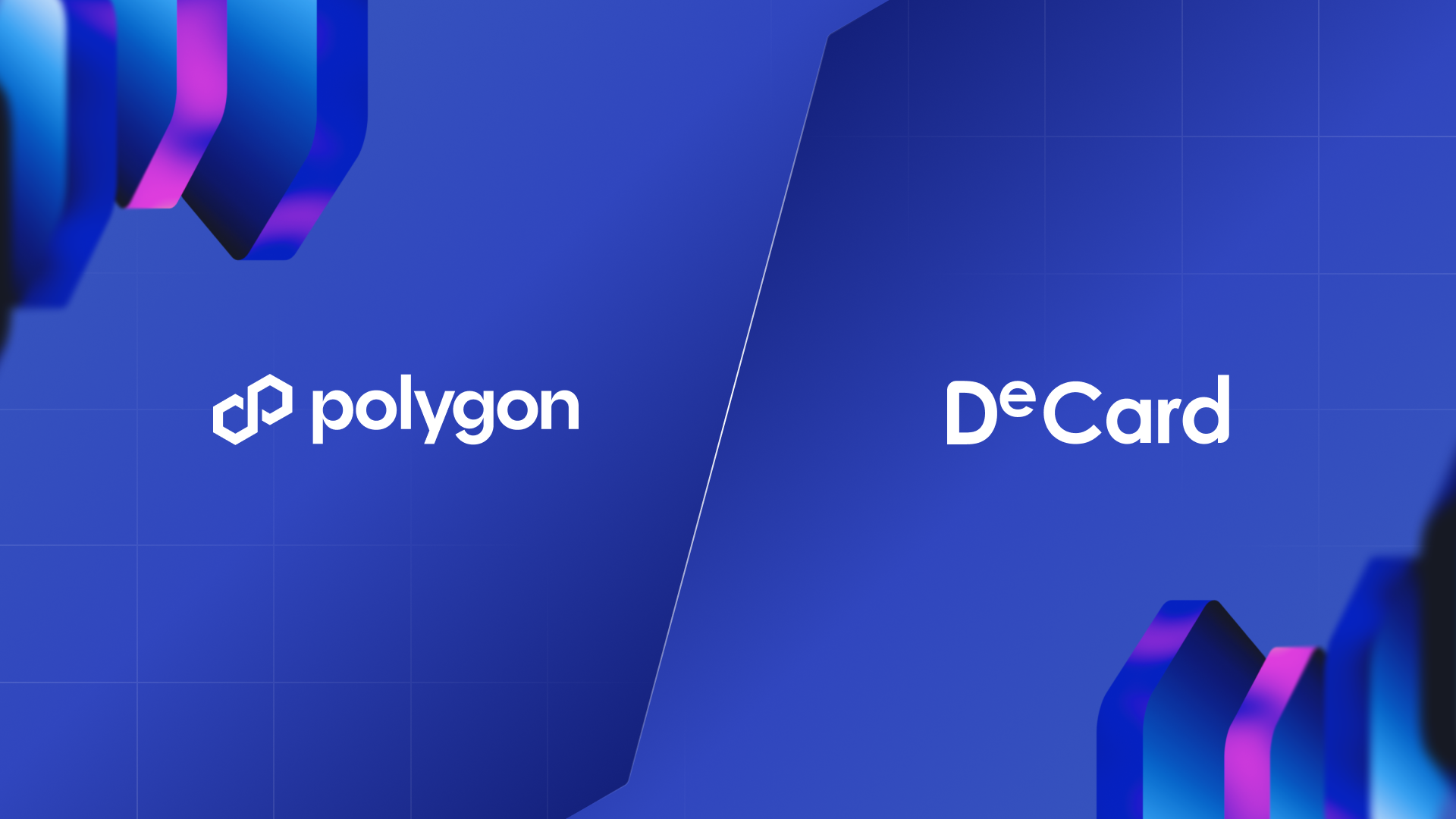
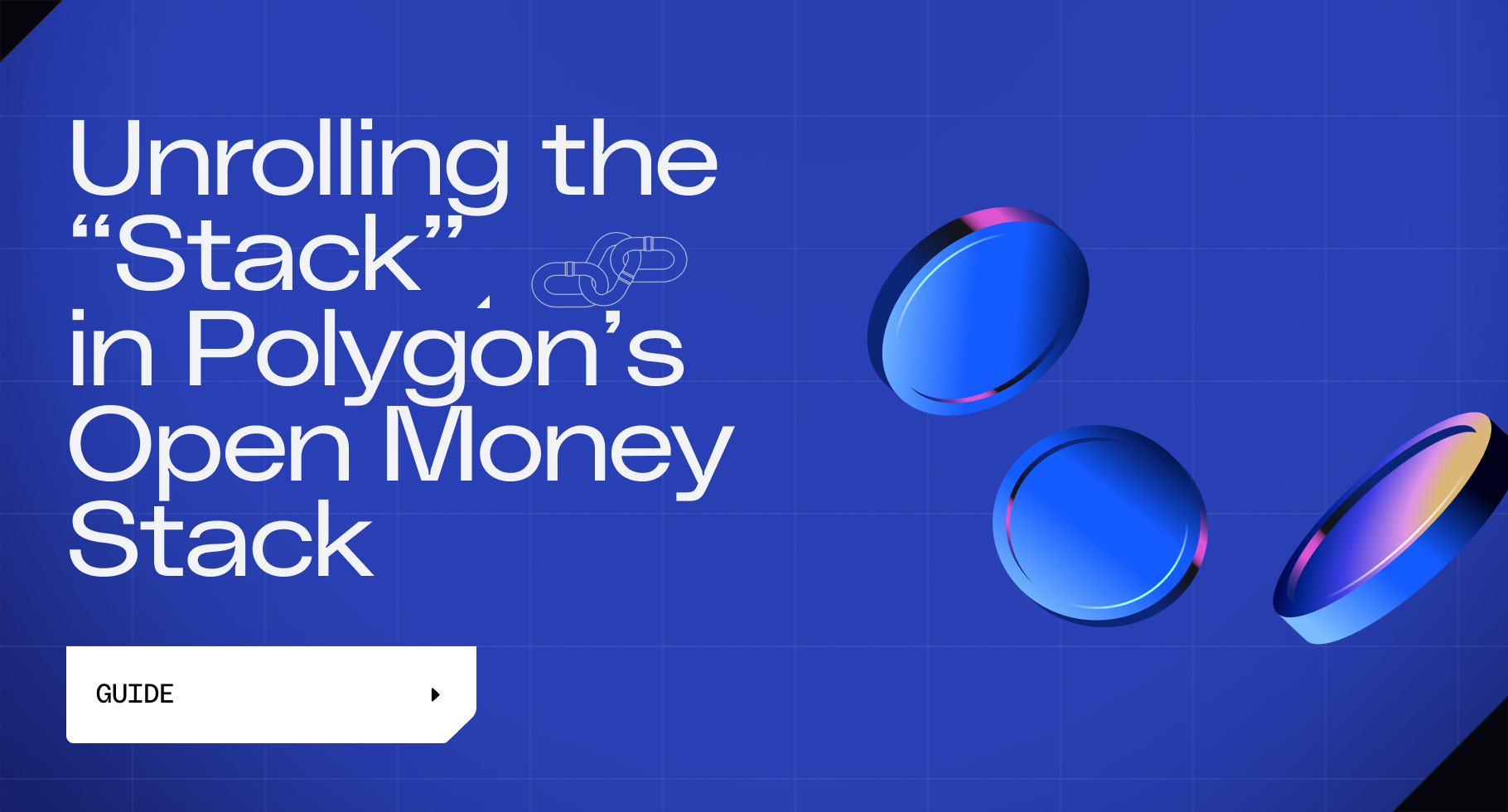
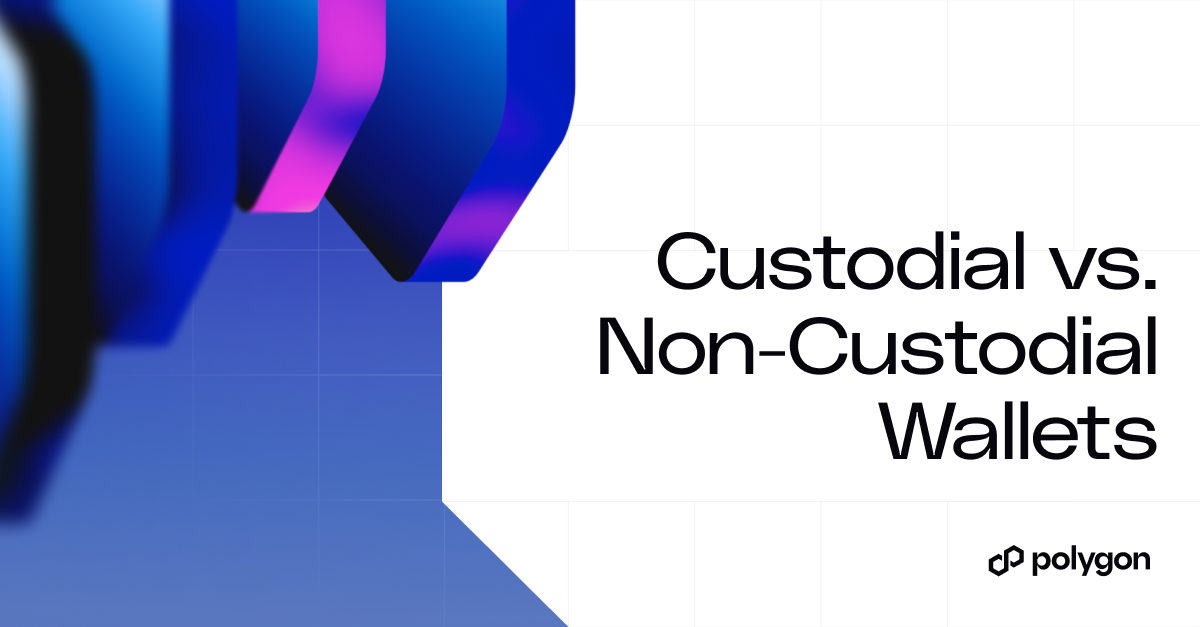
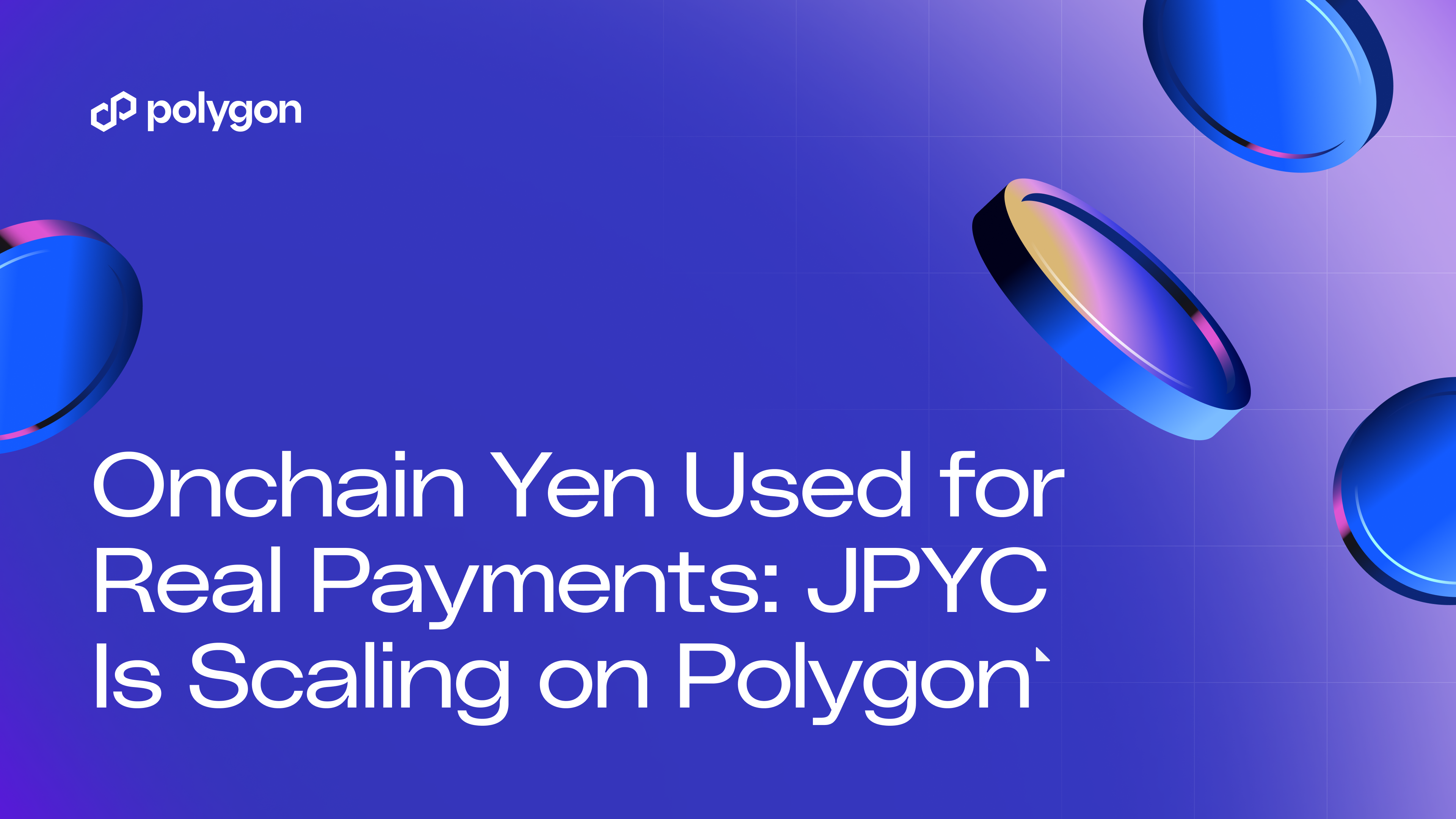
.png)
%20(1).png)
.png)
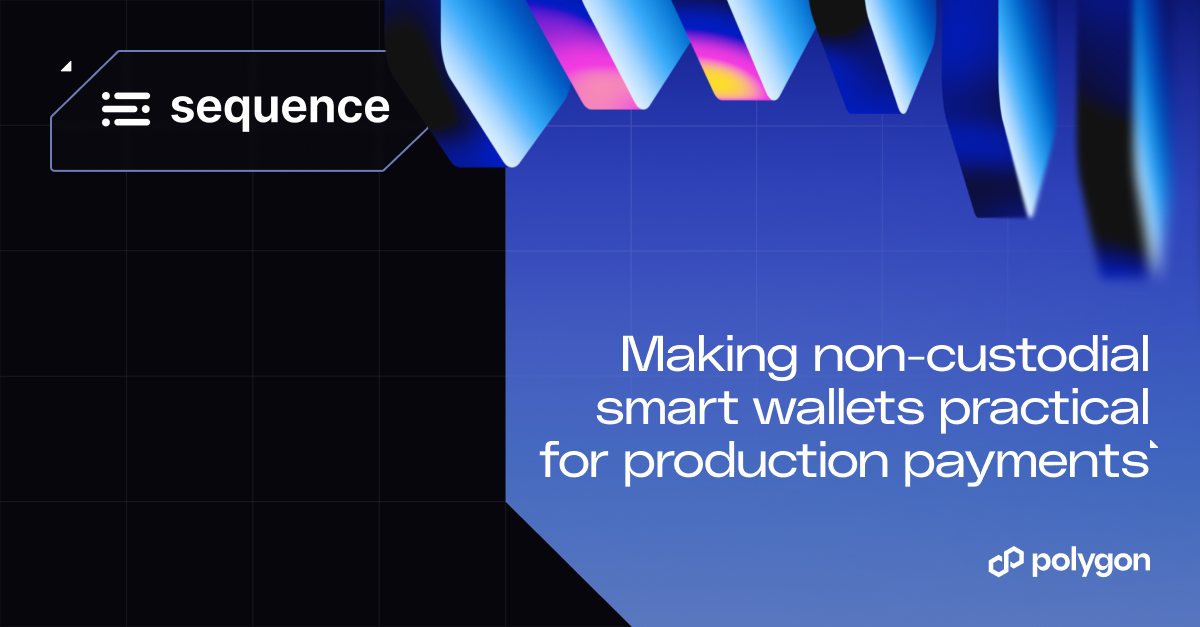


.jpg)
.jpg)
.png)
